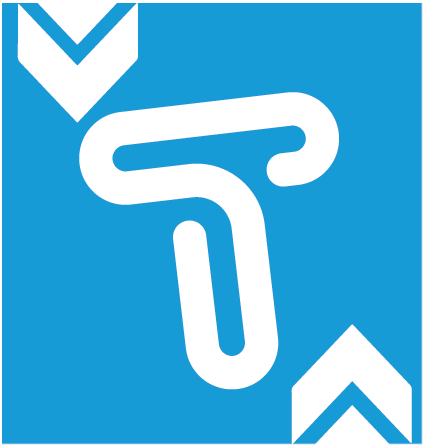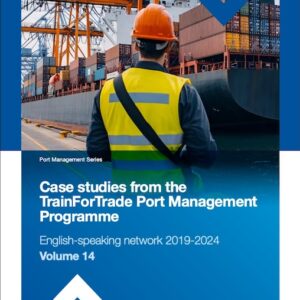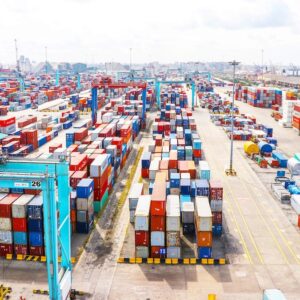Coaching Workshop and Cycle 4 Final Dissertations in Indonesia
[vc_row][vc_column][vc_column_text]UNCTAD / TrainForTrade Port Management Programme (PMP) English-Speaking Network, in cooperation with PT Pelabuhan Indonesia I (Persero), will organize a Coaching Workshop from 13 – 16 November 2018 in Medan, Indonesia
Mark Assaf and an expert from Dublin Port Company (DPC), will co-deliver the Coaching Workshop to 18 participants from Pelindo I, and the port communities of Ghana Ports and Harbours Authority, Tanzania Ports Authority and Kenya Ports Authority.
The coaching workshop will be preceded by an e-learning session from 8 – 26 October 2018, wherein the participants who will be attending the face-to-face workshop are required to study the materials and take the online test. This workshop will be of benefit to local instructors of the PMP member countries in acquiring the TrainForTrade methodology on course deliveries in their respective port communities.
Meanwhile, the final dissertations of the PMP Cycle 4 in Indonesia will take place from 21 – 22 November in Jakarta. 16 participants from the port communities of PELINDO I, II, III and IV will present their case studies to a panel of juries from UNCTAD and Dublin Port Company (DPC). A representative of Johor Port Berhad will also take part in the Cycle 4 juries to observe and adopt the process of the final dissertations for future replication in the PMP in Malaysia.
Indonesia is currently on the 4th cycle of the programme, wherein the deliveries are alternatively led by UNCTAD and international instructors (Irish port experts) as well local senior managers who have already completed the training-of-trainers workshop. Each training cycle lasts 16 to 24 months and comprises 240 hours of in-class training and a final thesis.
This strategy highlights the uniqueness and strength of the TrainForTrade Port Management Programme. Local ownership is fostered which reinforces the training’s impact and ensures the programme’s sustainability. Local ownership of the programme is achieved through a financing scheme that requires the participating ports to provide the majority of the programme’s funds, and by gradually shifting responsibility for implementing the programme from UNCTAD to the participating ports.[/vc_column_text][vc_single_image image=”1086″ img_size=”full” alignment=”center” image_hovers=”false” css=”.vc_custom_1561567989733{margin-top: 50px !important;}”][/vc_column][/vc_row]





